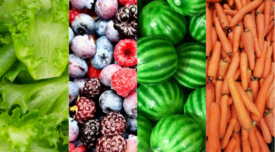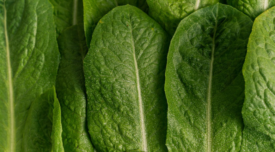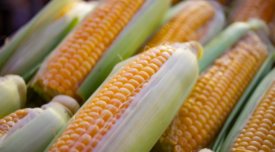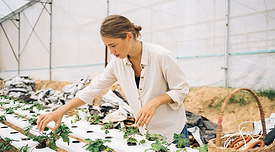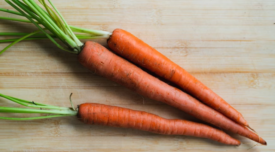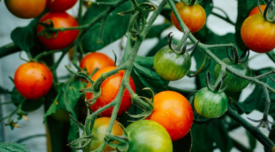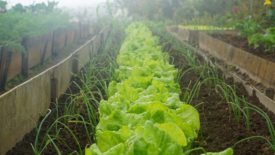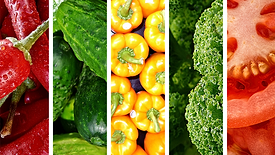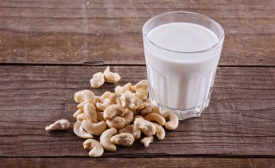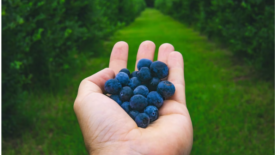Produce
A Review of Outbreak Investigations of Salmonella Infections Associated with Cashews and Cashew-Containing Food Products in the U.S.
Salmonella spp. have long been associated with low-moisture foods such as nuts and nut-derived products
Margaret Kirchner Ph.D.
Gordon R. Davidson Ph.D.
Julia Mangia M.P.H.
Spencer Carran Ph.D.
Andrea J. Krause Ph.D.
Karunya Manikonda M.P.H.
Zachary D. McCormic M.P.H.
Laura Gieraltowski Ph.D.
Katherine E. Marshall M.P.H.
Stelios Viazis Ph.D.
August 8, 2023
Never miss the latest news and trends driving the food safety industry
eNewsletter | Website | eMagazine
JOIN TODAY!Copyright ©2024. All Rights Reserved BNP Media.
Design, CMS, Hosting & Web Development :: ePublishing
